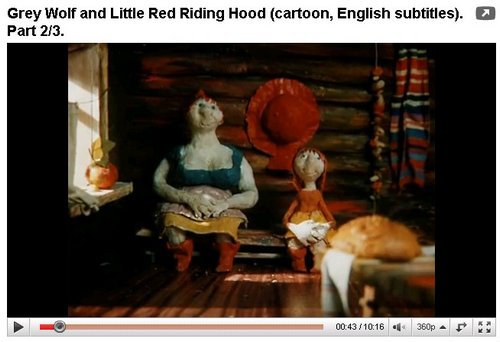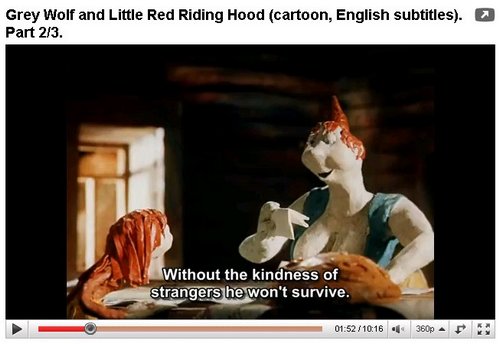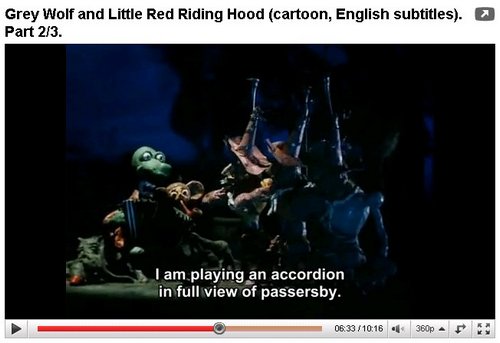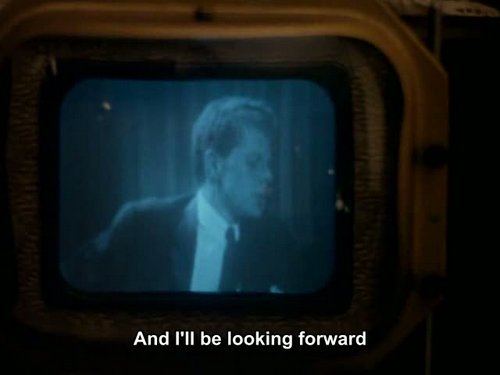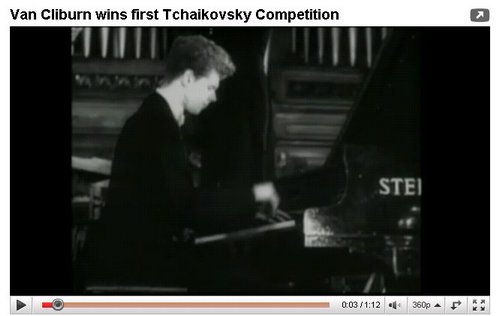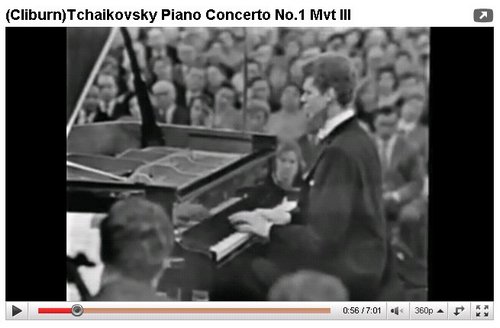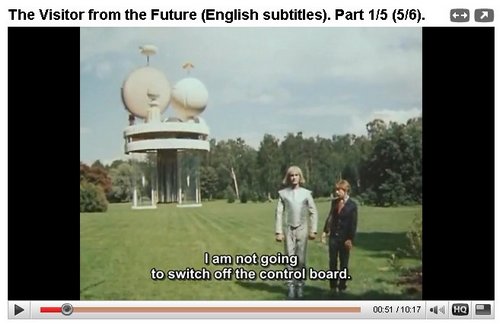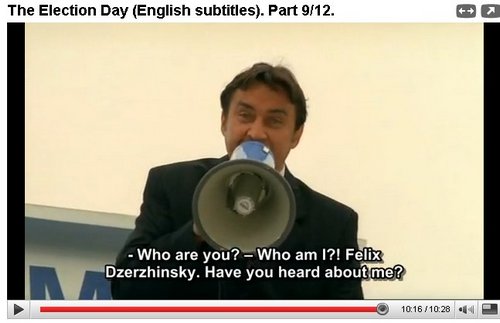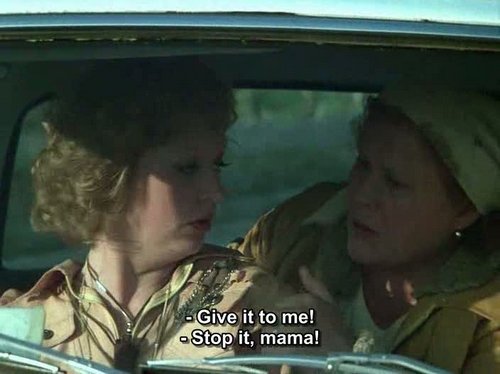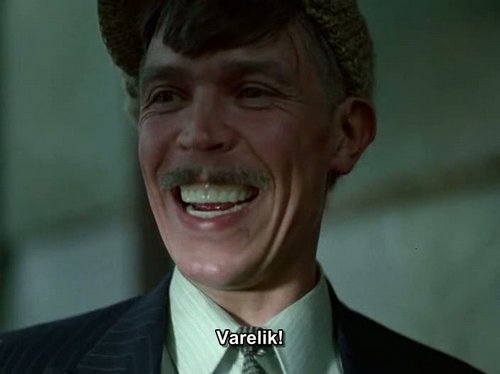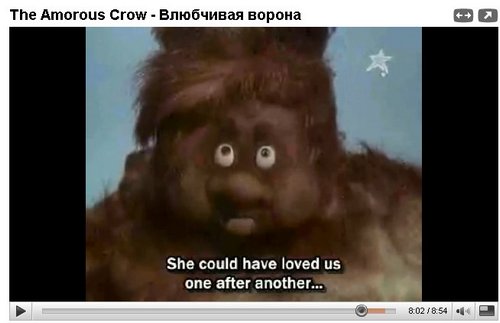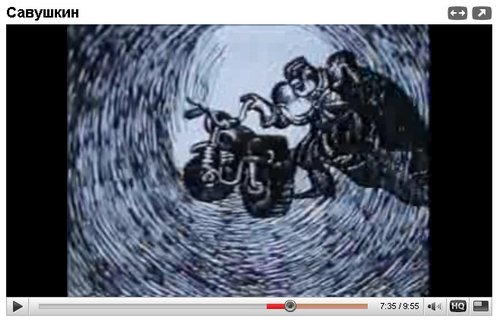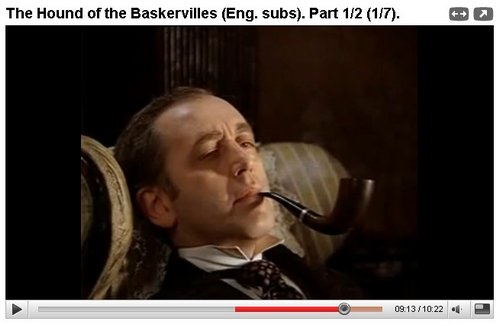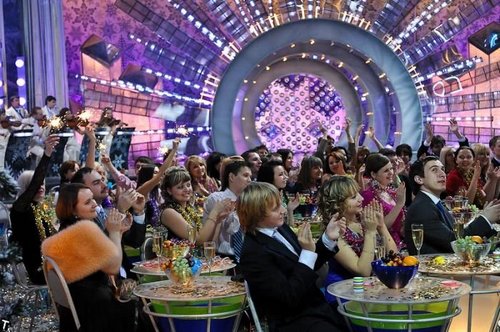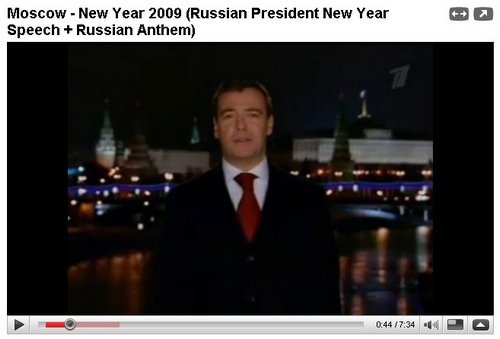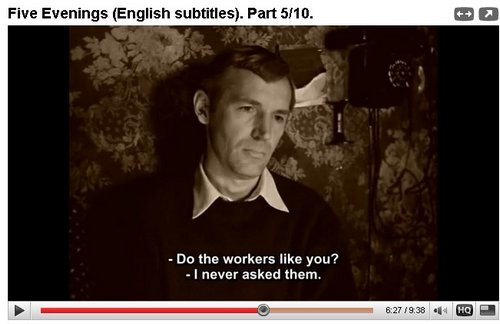
To American ears, it’s a bit strange for Tamara Vasilyevna (played by Ludmila Gerchenko) to be asking the question, “Do the workers like you?” It’s not a strange thing to wonder about, but it’s a strange thing to be asking an old boyfriend about, or to be asking almost anyone. If an American did get asked that question, the answer that Aleksandr Petrovich Ilyin (played by Stanislav Lyubshin) gave would be a likely response.
Although slightly strange, I didn’t think much about it until I got to the latest part of a book I’ve been reading, “Stalinism and the Politics of Mobilization : Ideas, Power, and Terror in Inter-war Russia” by David Priestland (2007).
In the late 1920s, when Stalin decided it was time to shut down the NEP, he was moving to a “populist revivalist” rhetoric and policy. (“Populist revivalist” is Priestland’s term for one of the various currents of thinking in Russia at the time. I don’t know if the term has been used or adopted by anyone other than Priestland, but it does seem appropriately descriptive.)
On page 186 I read that at the end of 1927, Stalin’s man Sergo Ordzhonikidze wrote a report for the fifteenth party congress.
While [Ordzhonikidze] rejected the left’s charge that the state apparatus was ‘alien’ to the working class, he was highly critical of officials, not merely for their inefficiency but also for their poor treatment of workers. Officials’ ‘treatment of people’ had to change, he declared. A cheap and efficient apparatus as existed in Germany was not enough: the apparatus had to be closely ‘linked’ with the masses and had to work together with the workers and peasant rather than to ‘command’ them. … Those officials who behaved arrogantly to workers and peasants were, the congress declared, guilty of ‘sabotage’ (pages 186-187)
In the next chapter we see how this concern for the relationship between workers and supervisors should not be taken at face value, but neither was Stalin just cynically making it up to hide his true intentions.
I think I can see how it’s leading to the purges of 1937, but I haven’t read a lot further than this point yet.
It’s a complicated story and I’m not going to try to summarize it here. All I’m saying is that given this context, it became less odd to me that a movie made in the 1970s, portraying the period of the 1950s, would have someone asking the question, “Do the workers like you?” Stalin had tapped into a populist sentiment that was current long before the late 1920s, and isn’t surprising that it would have persisted. It’s not completely different from the currents of populism that have existed in the United States, but it’s a slightly different flavor.
